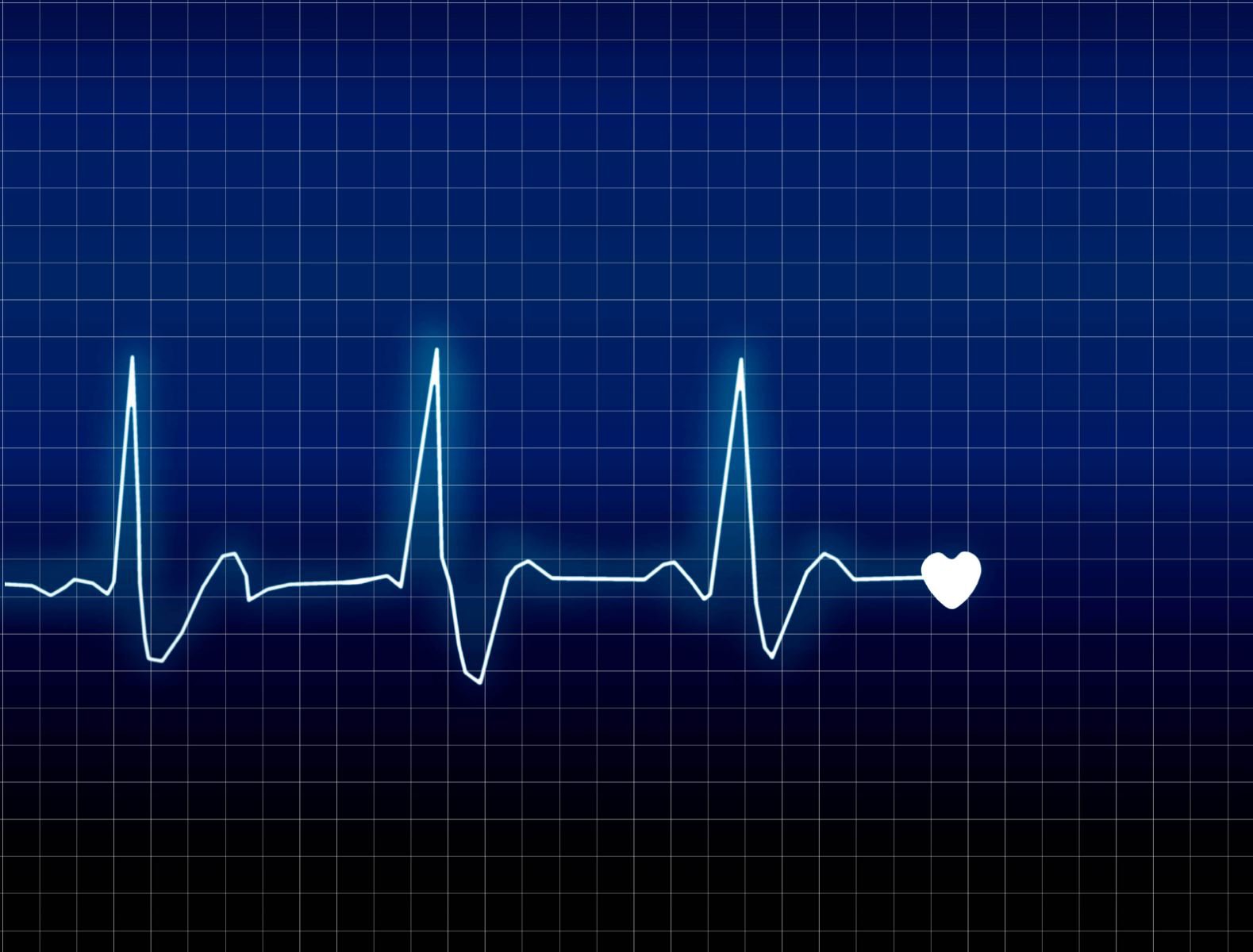
During general health check-ups, we are often checked by doctors for our heart rate.
So what is heart rate? How much heart rate is high, how much is low, how much is best? Let us help you answer these questions!
What is heart rate? Factors that affect heart rate
Heart rate (or heart rate index) is the beat of the heart, determined by the number of contractions of the heart in a period of 1 minute. The unit of the heart rate is the beat per minute or bpm (beat per minute). Heart rate is considered one of the five most important vital signs of the body, along with four other indicators: blood oxygen saturation, temperature, blood pressure and breathing rate.
There are many factors that affect heart rate, causing it to be higher or lower than normal. Here are some common factors that can cause your heart rate to change:
Exercise and sports: Your heart rate will temporarily increase when you participate in exercise and sports activities and return to normal when resting. People who exercise regularly and do sports often have a lower resting heart rate than people who are inactive. This is very good for the heart because the heart does not have to work so much, so life will be longer.
Emotions: Emotions such as stress, anxiety, nervousness, sudden joy and sadness… can cause your heart rate to increase. Emotional factors are determined by the brain and often affect heart rate in a short time.
Breathing rate: If you pay attention you will see, the heart rate slows down when we inhale and immediately returns to normal. For people with shortness of breath, shortness of breath, etc., the heart rate increases to meet the body's need for oxygen.
Body size and weight: An obese person's heart rate may be higher than that of a normal person, but not more than 100 beats/minute.
Stimulants: Excessive use of stimulants, especially caffeine, will lead to insomnia, irritability, fatigue, increased heart rate, etc.
Medications: Some medications are known to alter the heart rhythm. For example, beta-blockers tend to decrease heart rate, while thyroid medications increase heart rate.
Thyroid disease: When you have thyroid disease, thyroid hormone levels increase, leading to increased metabolism, increased heart rate, increased sweating and many other manifestations. In addition to thyroid disease, some cases such as anemia, iron deficiency, fever, septic shock ... can also cause heart rate changes.
Cardiovascular disease: Cardiovascular diseases such as coronary artery disease, heart failure... can cause arrhythmias, causing the heart to beat too fast, too slow or irregularly. In addition, myocardial damage due to viruses, bacteria or drug use is also the cause of cardiac arrhythmias.
How much is high, how much is low, how much is normal?
Your health status will be shown in part through heart rate. Therefore, knowing how much heart rate is high, how much is low, and how much is best is essential.
Anchor point
How to keep the heart rate stable?
A healthy heart with a steady beat is something we all want. So how to keep the heart rate normal, not disordered? The following “secrets” will help you:
Build a healthy lifestyle by regularly exercising, doing sports, eating lots of vegetables, fruits, whole grains, limiting fat, sugar, salt...
Maintain a reasonable weight, avoid overweight and obesity.
Control blood pressure and blood fat.
Treat cardiovascular diseases promptly, strictly according to the treatment regimen of the doctor.
Maintain a stable mood, avoid stress, excessive anxiety.
Do not use stimulants such as caffeine, alcoholic beverages, tobacco ...
Periodic health check, regular heart rate monitoring.
Currently, there are many devices on the market that allow you to measure and monitor your heart rate at home, typically SpO2 and finger clip heart rate monitors. This type of machine is usually designed to be compact, easy to use and capable of producing accurate and fast results in just a few seconds. Equipping a heart rate monitor and SpO2 will help you and your family members be more proactive in monitoring your heart rate and blood oxygen saturation, thereby taking better measures to protect your health.
Exercise regularly to keep your heart healthy